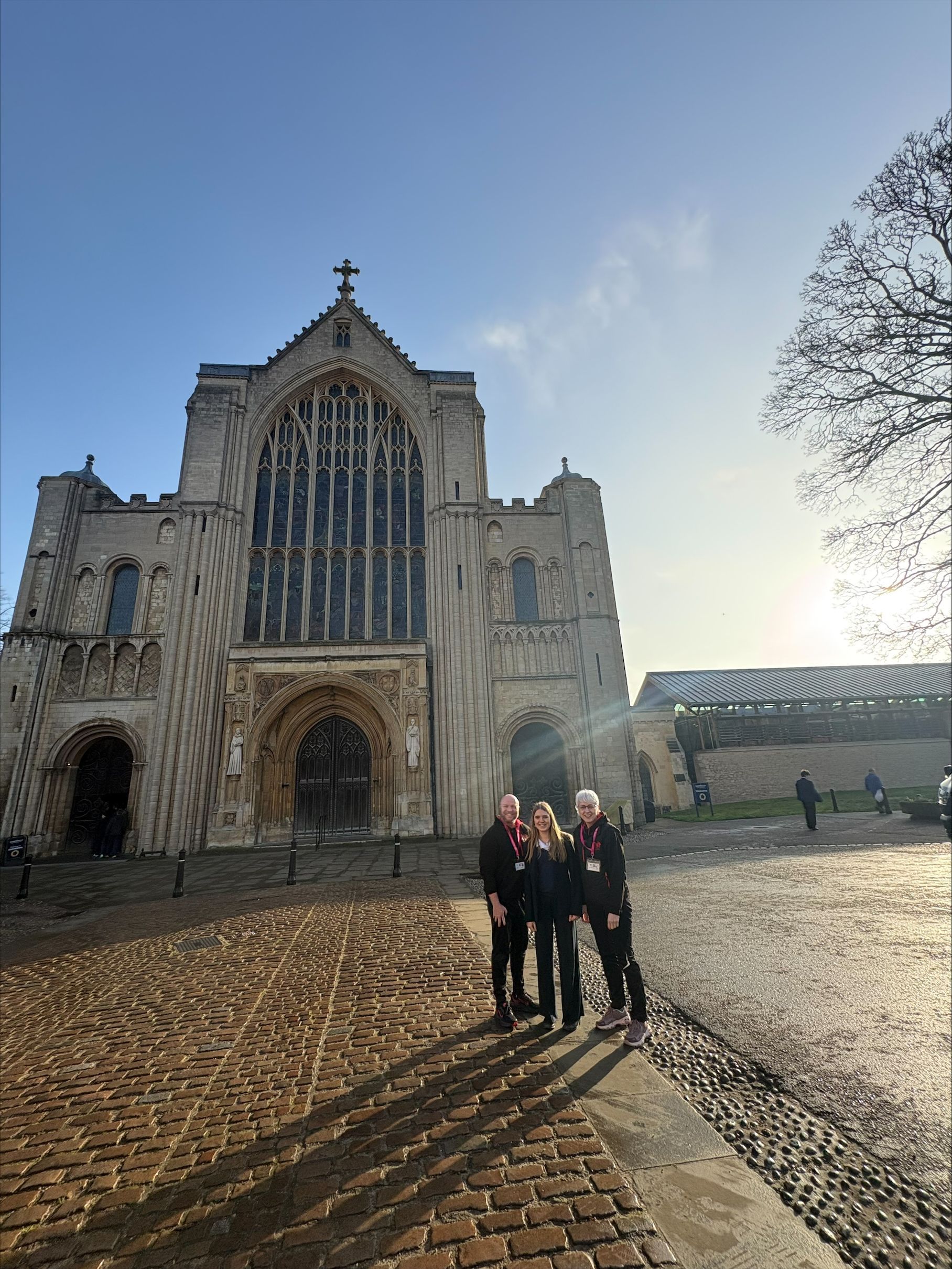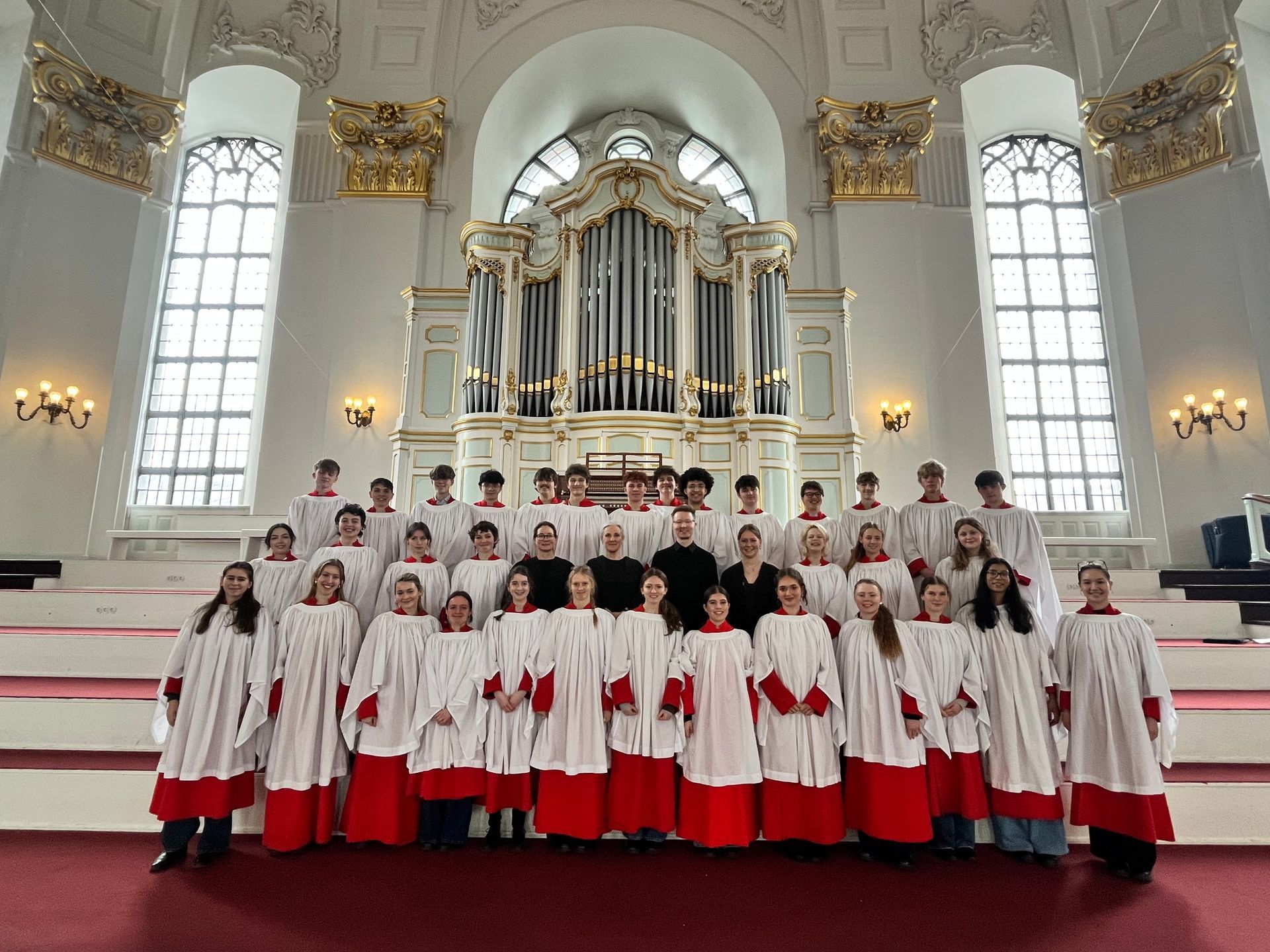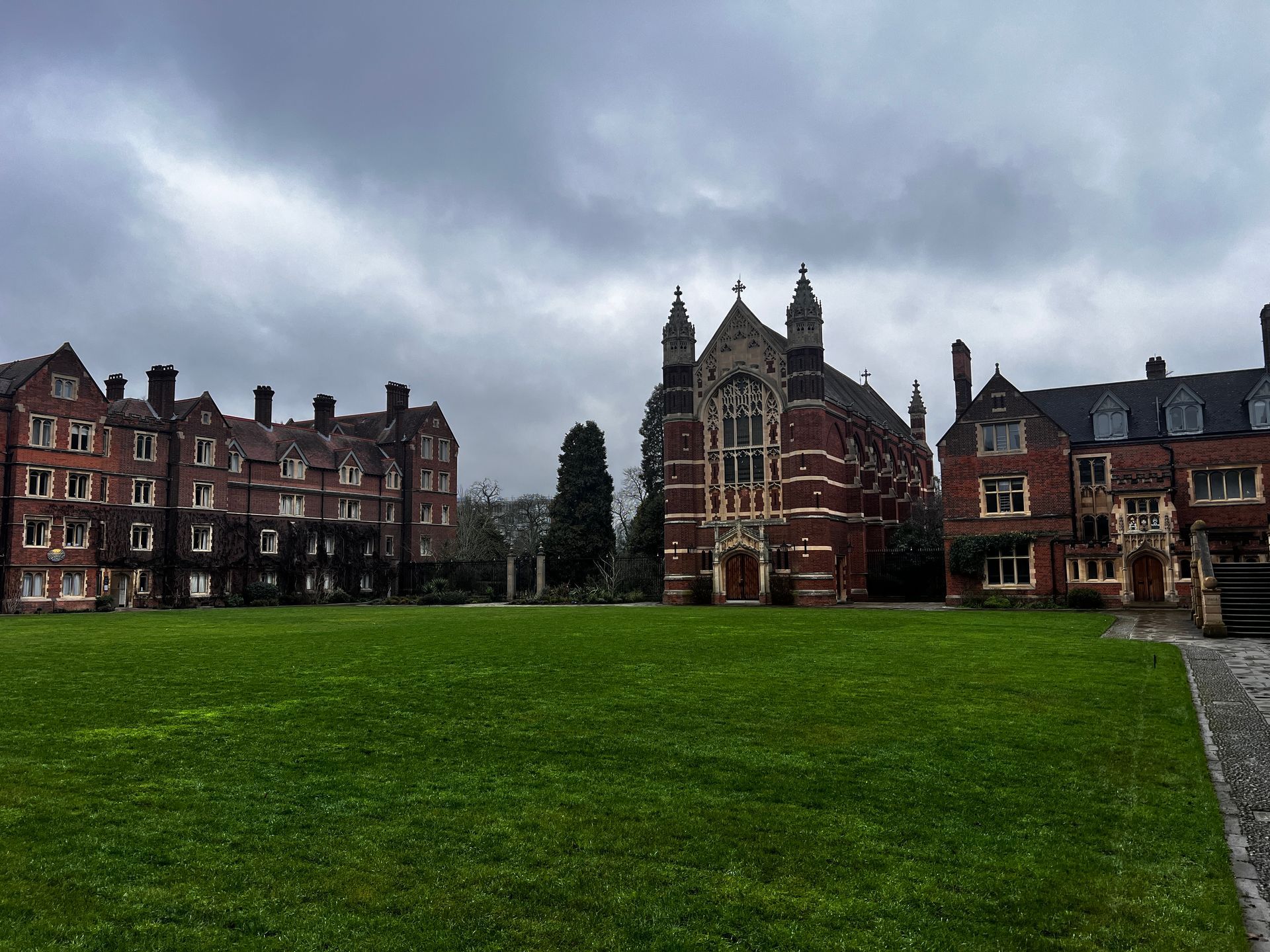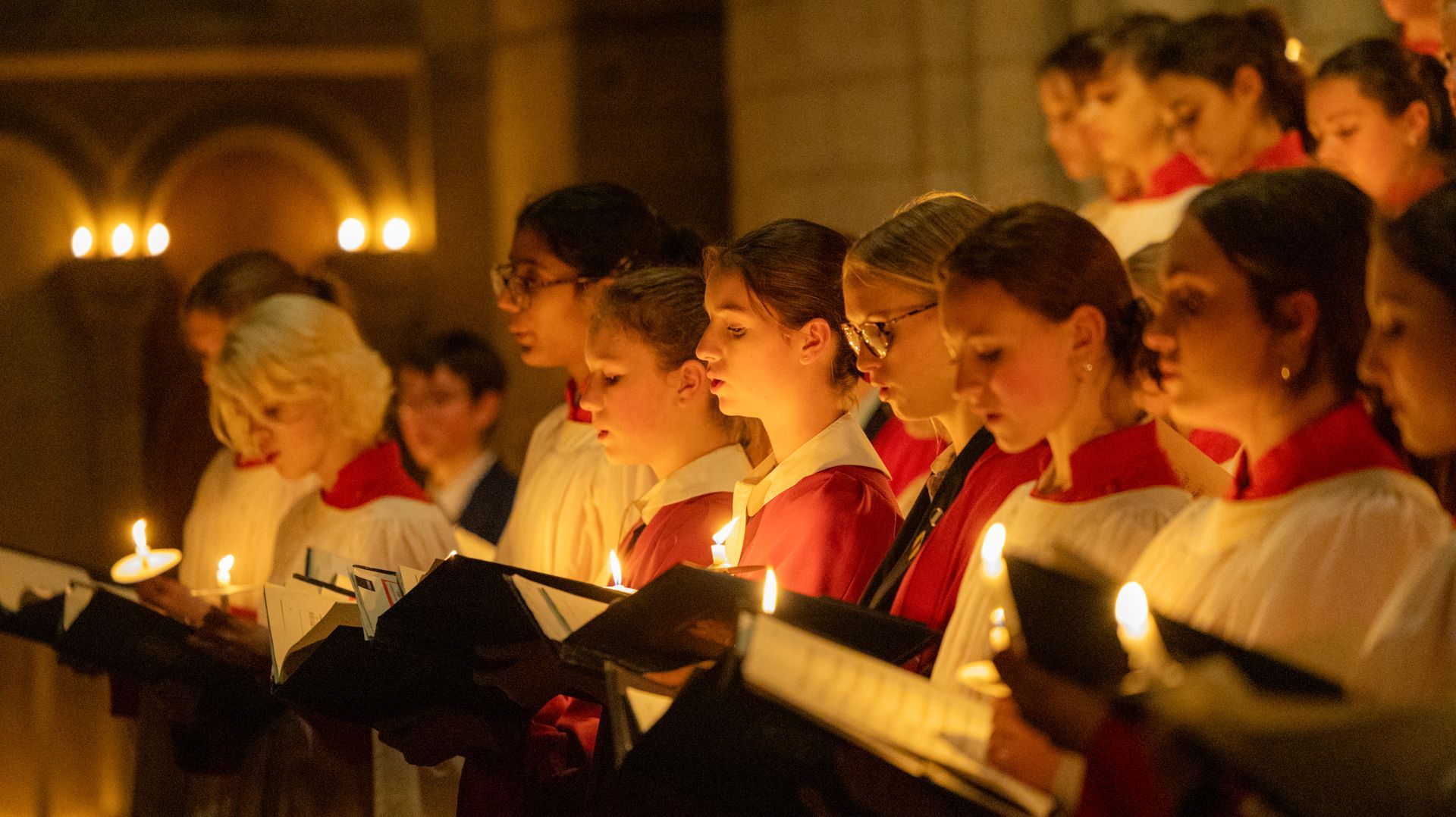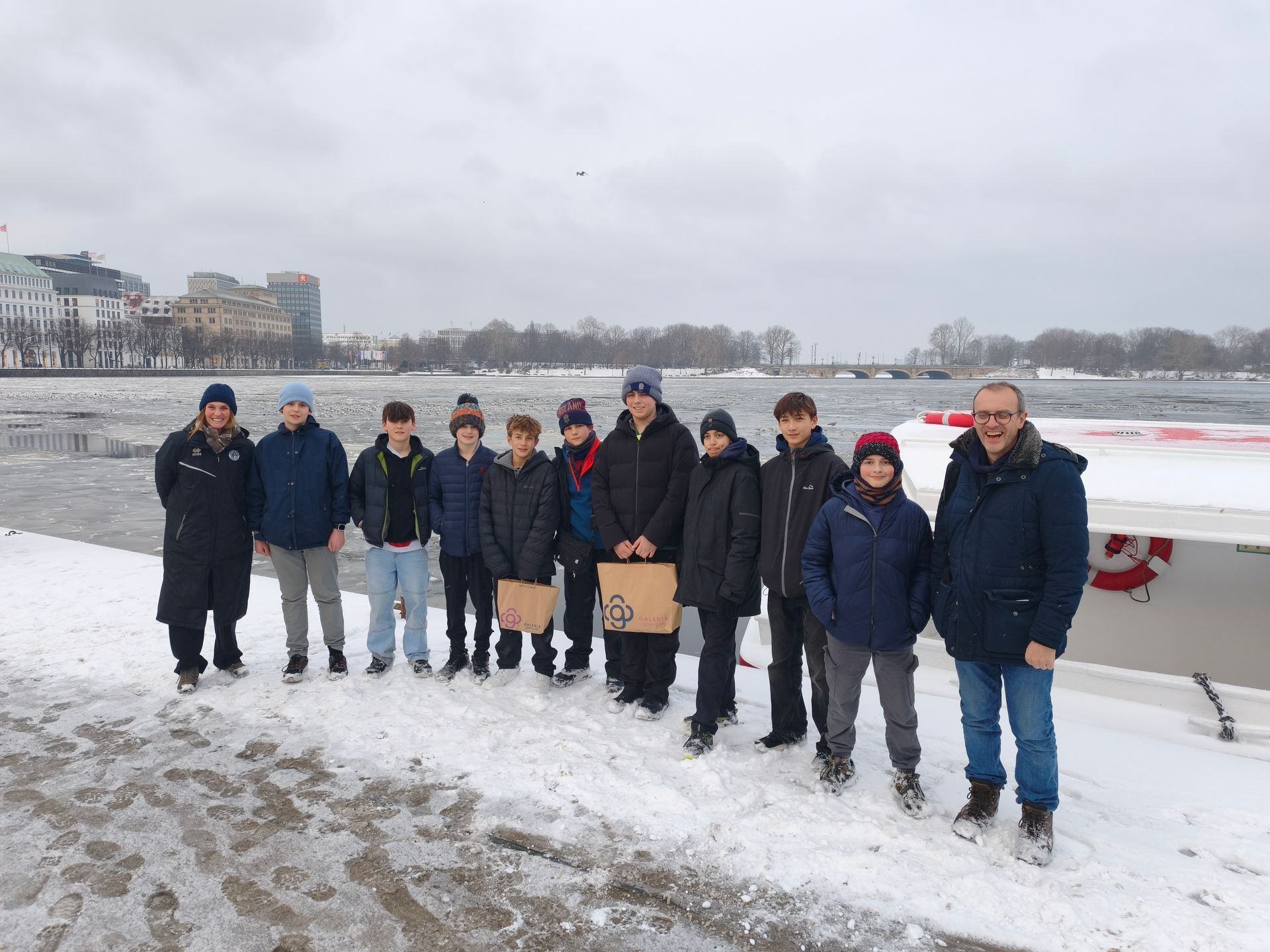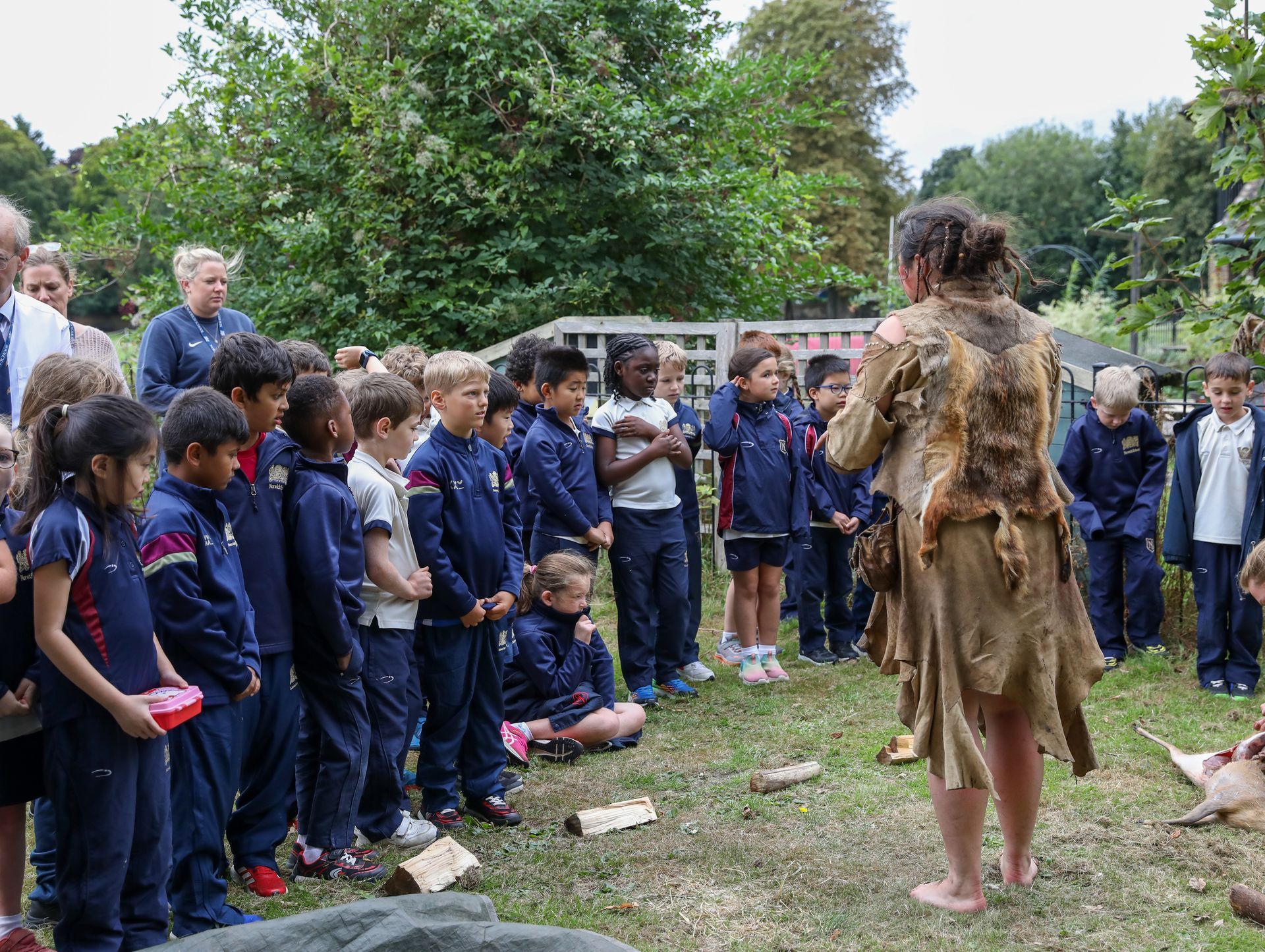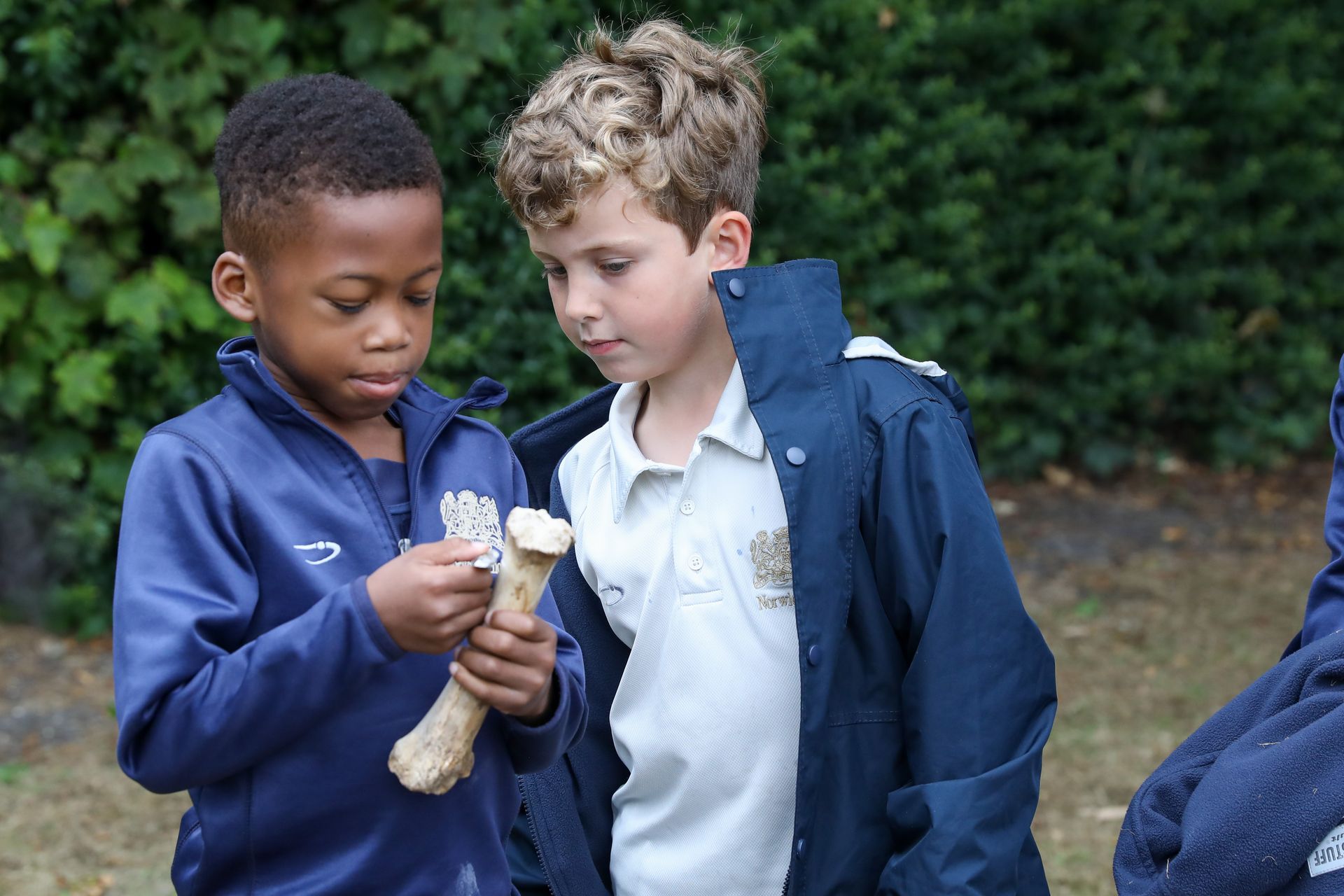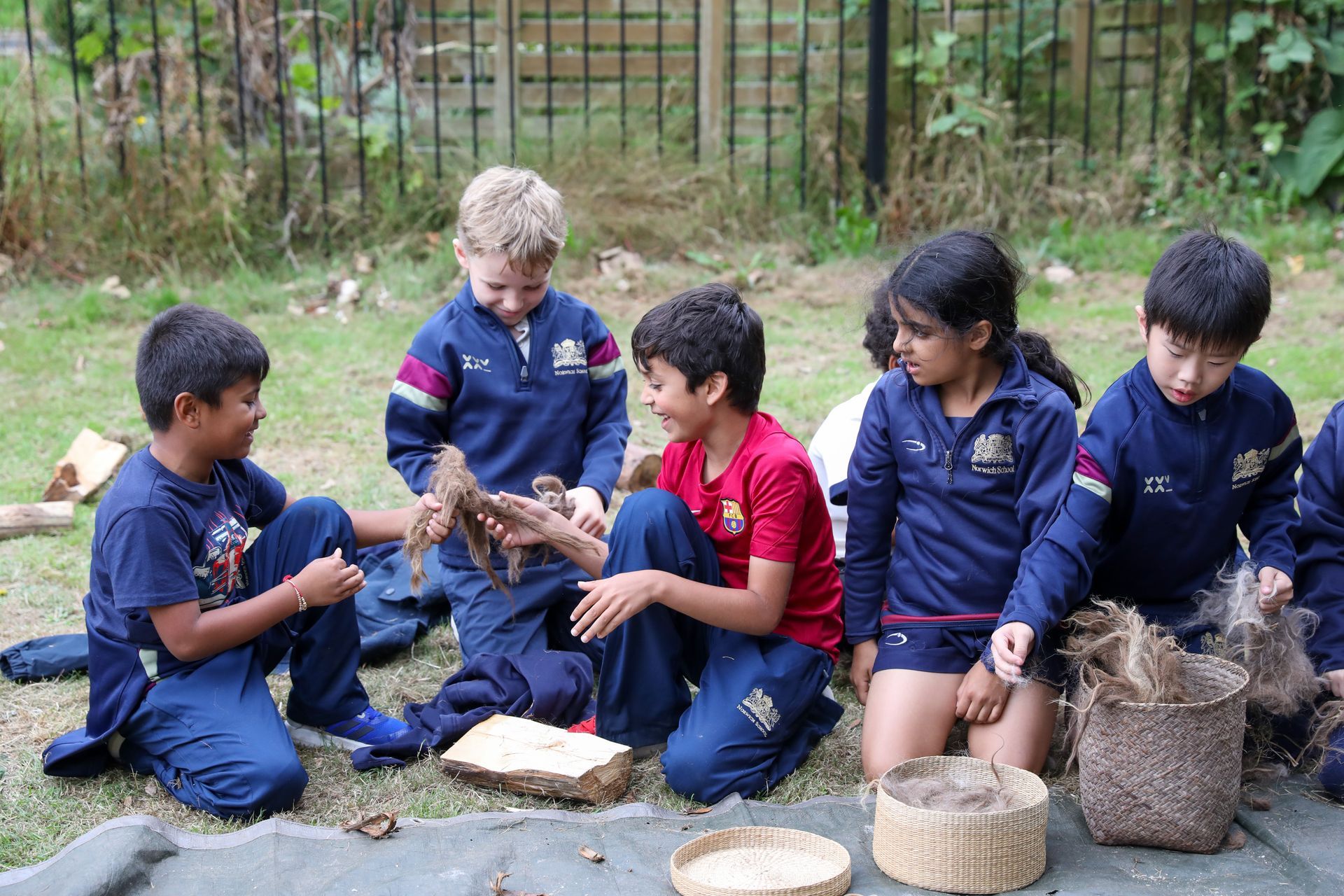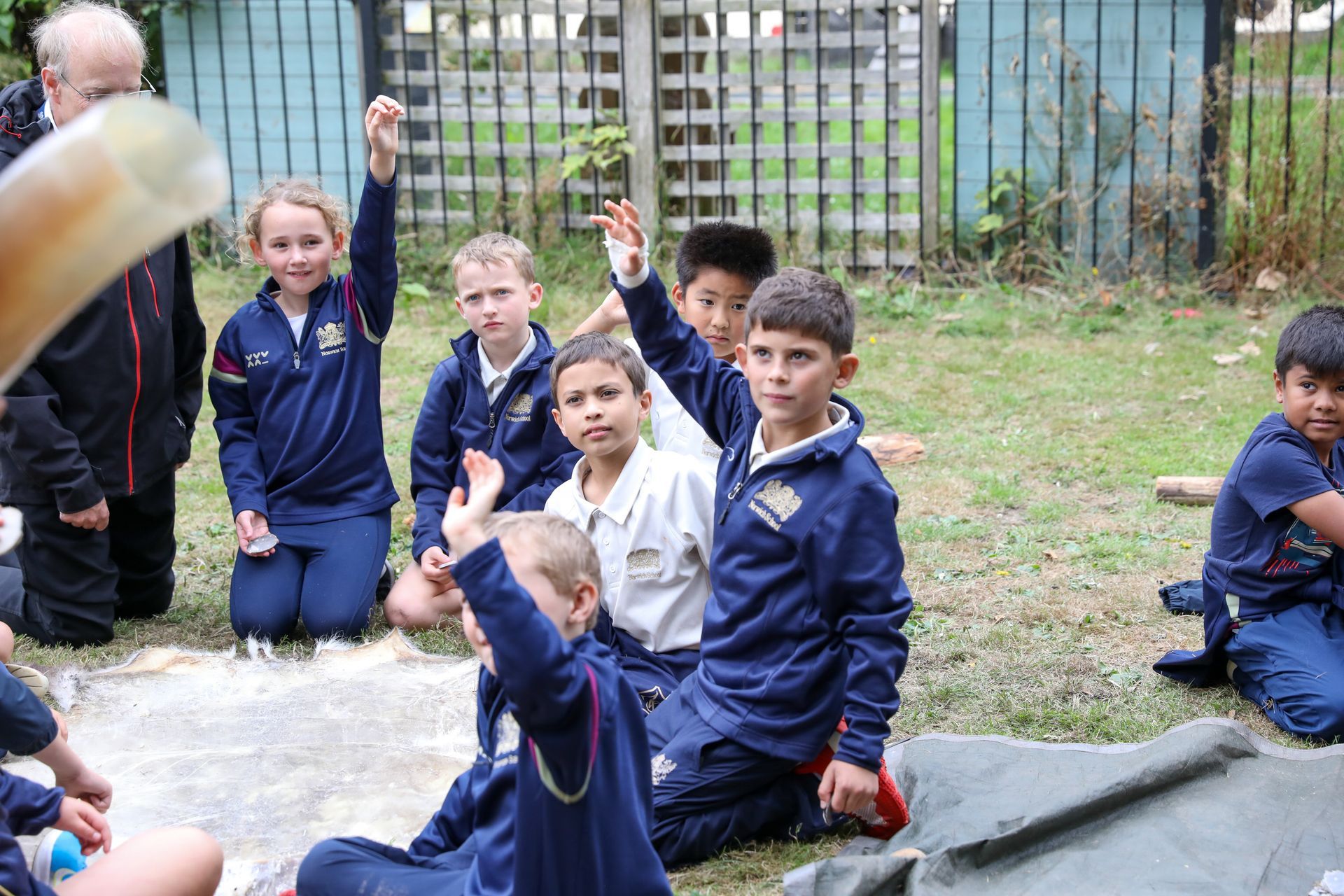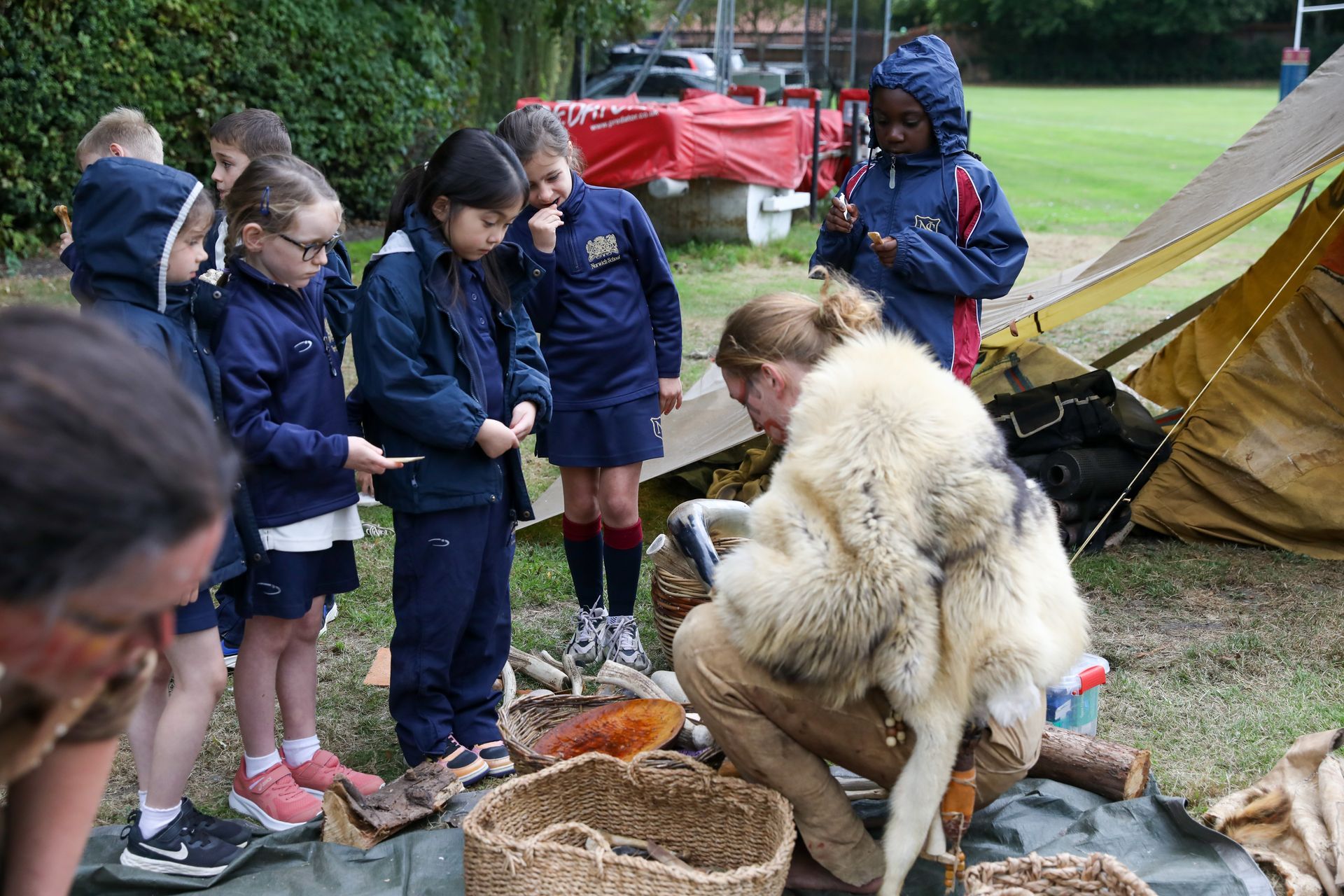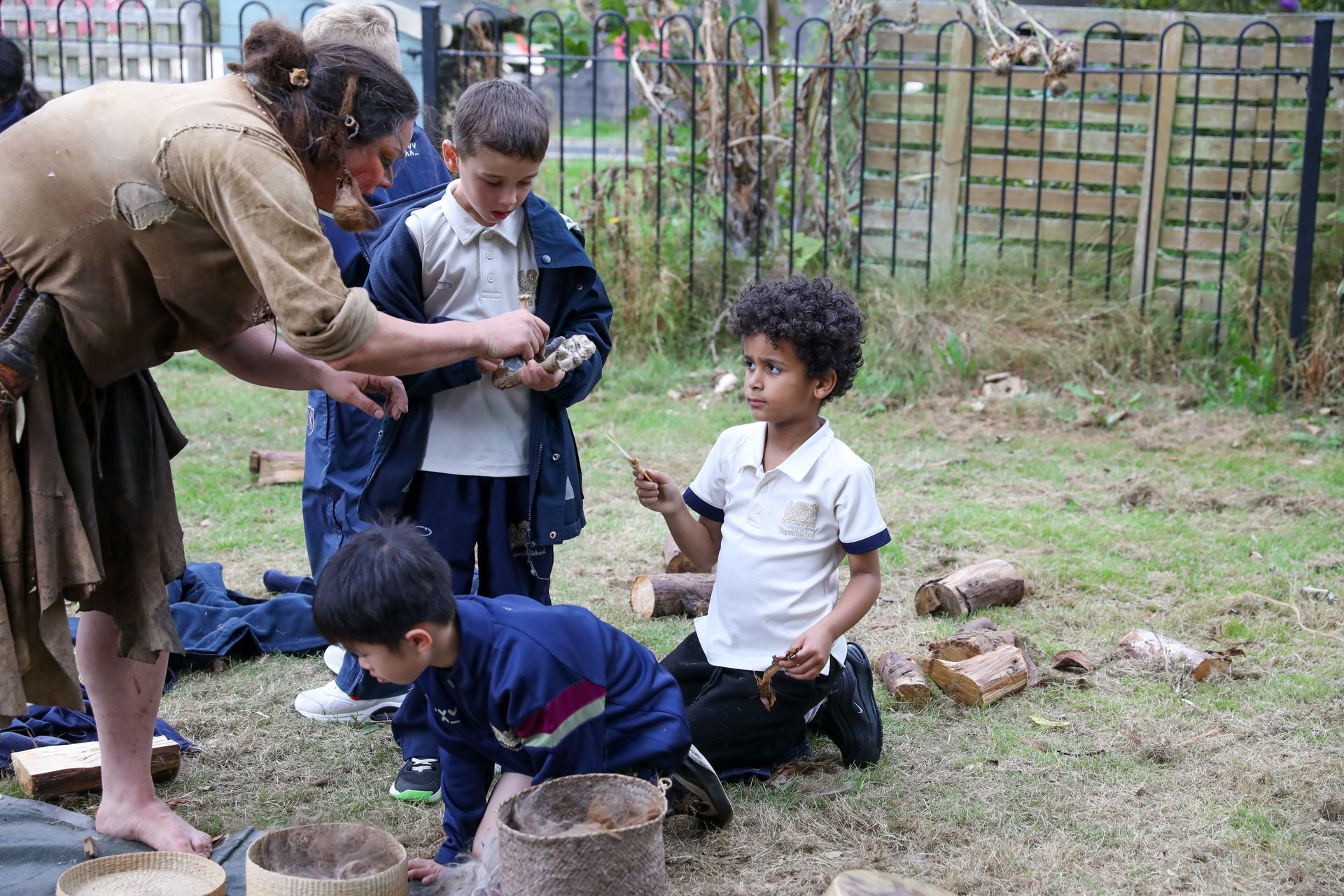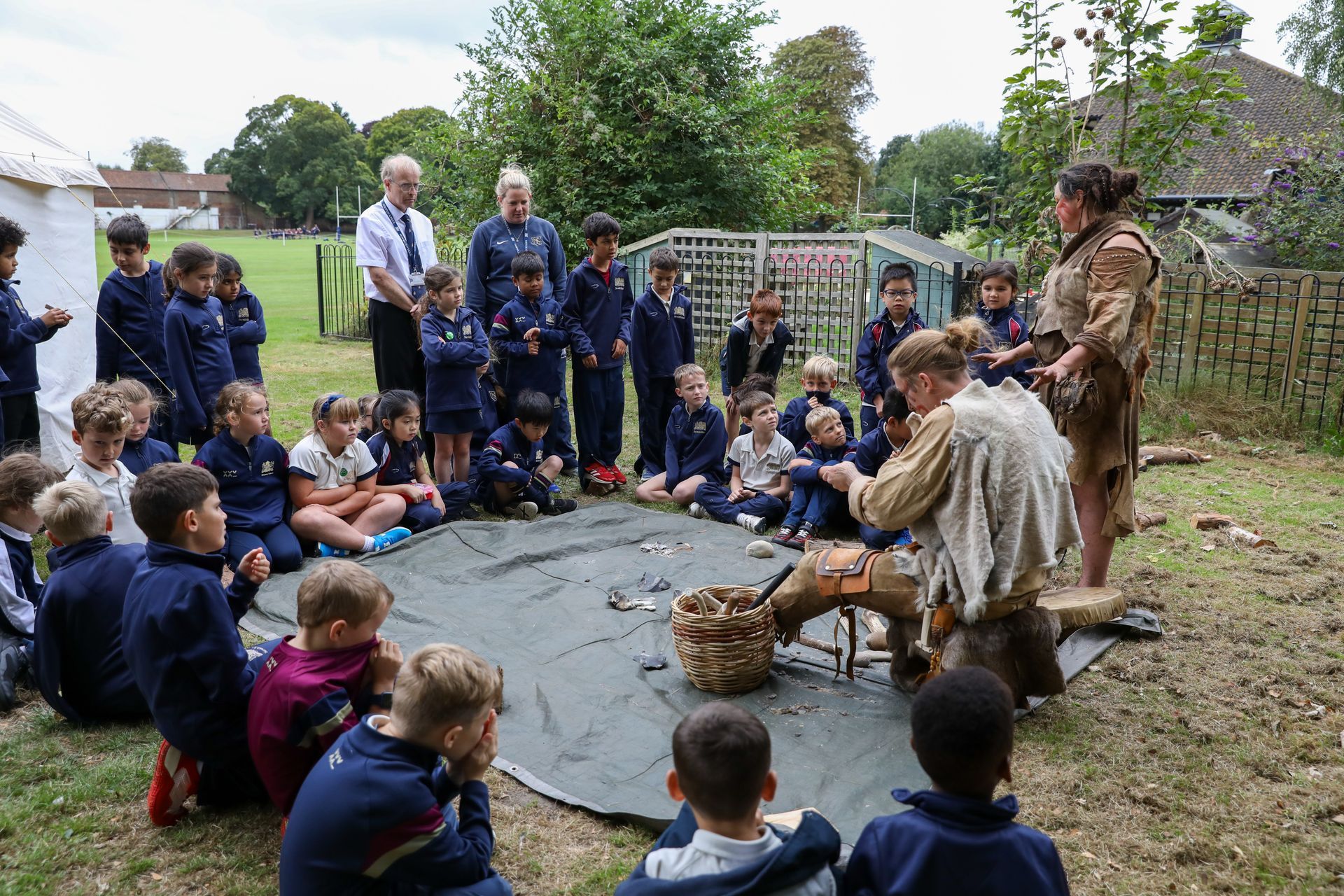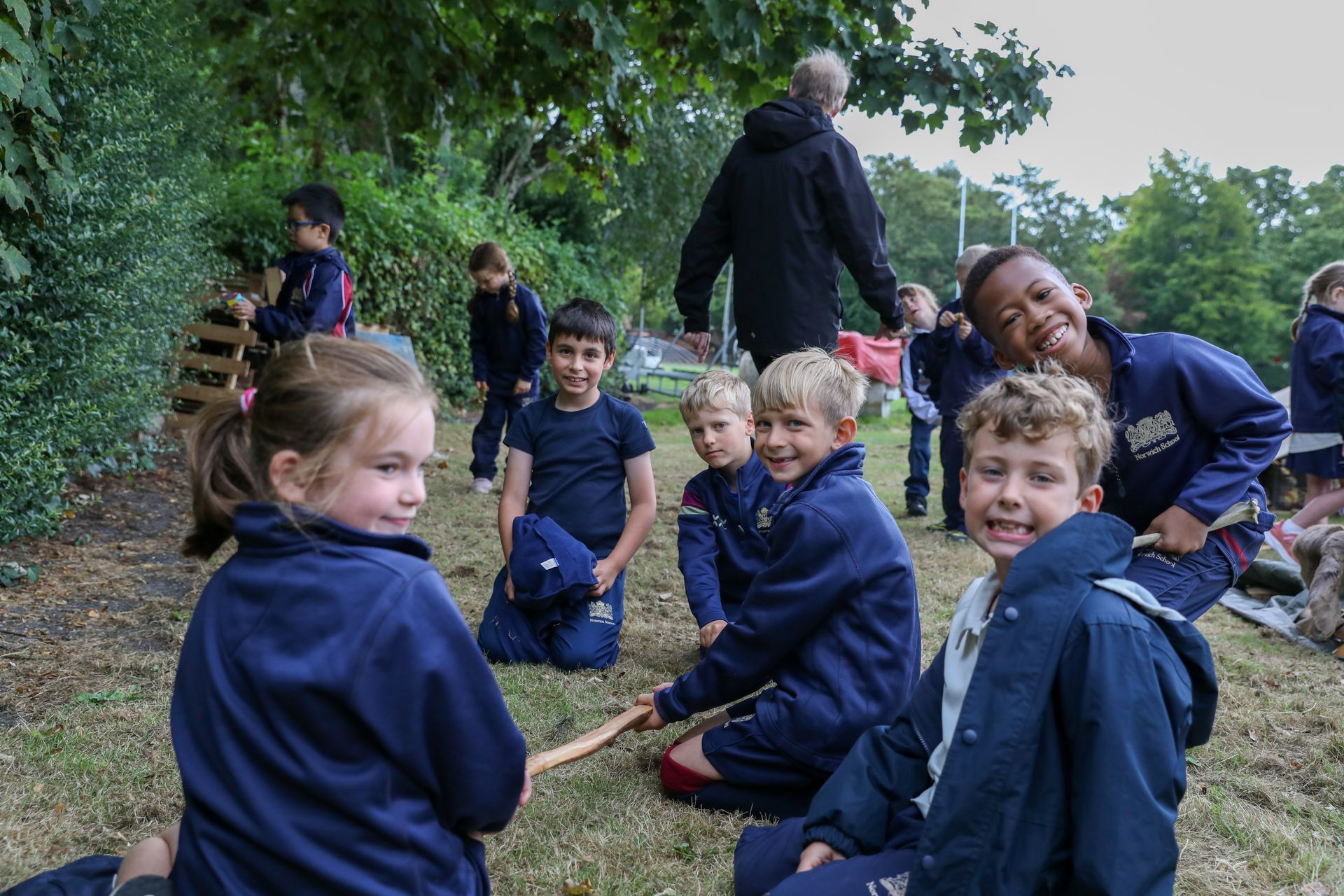By Eleanor Lewis
•
February 20, 2026
On Saturday 7 May, internationally renowned classical musicians will gather in the beautiful setting of St Nicholas Chapel, King’s Lynn, to honour the music of beloved composer Sir Karl Jenkins during a special fundraising concert hosted by Music in the Burnhams. This concert is the centrepiece of Music in the Burnhams' 2026 programme and will be raising funds for Norfolk and Waveney Mind. The evening, which the composer is due to attend himself, will include performances from the UK’s leading independent orchestra, the British Sinfonietta, the King’s Lynn Festival Chorus and Norwich School Choir, accompanied by acclaimed musicians; cellist Adrian Bradbury, violinists Benedict Holland and Joo Yeon Sir, harpist Alis Huws, euphonium player Dan Thomas, bass baritone Paul Carey Jones and soprano Khrystyna Makar. Conducted by Ben Horden, Music Director of the King’s Lynn Festival Chorus, together they will perform some of Sir Karl’s most celebrated works, such as Cantilena from Symphonic Adiemus, Benedictus from The Armed Man, and Cantata Memoria, which was written in commemoration of the Aberfan disaster. Music in the Burnhams is a charity bringing world-leading classical musicians to venues and schools across north-west Norfolk. Founder, Marian Abramovich, said the Celebration of Sir Karl Jenkins concert will not only provide the opportunity for local communities to witness a rare gathering of renowned musicians, but also support wellbeing services for young people in the area. “We believe classical music should be for all; that’s why we’re passionate about bringing acclaimed musicians to venues across our corner of Norfolk, so as many people as possible - some for the first time - have the chance to experience and enjoy these incredible live performances,” said Marian. “We’re also dedicated to supporting local young people, either through school workshops with visiting musicians or fundraising initiatives. Knowing the intrinsic relationship between music and wellbeing, we’re thrilled to be donating proceeds from this concert - and all our events throughout 2026 - to Norfolk and Waveney Mind to support the expansion of mental health services for young people in West Norfolk.” Marian added: “One of today’s best-loved composers, Sir Karl is a big advocate for mental health support, with his works having previously raised funds for mental health charities aiding military veterans. And one of his most-famous pieces, the poignant Cantata Memoria, pays tribute to those affected by the Aberfan disaster, a terribly tragic event in Welsh history that is approaching its 60 th anniversary this year and left many survivors suffering with profound mental health issues. Sir Karl was therefore a fitting choice for the focus of this major fundraising event.” Music in the Burnhams hopes to raise £20,000 for Norfolk and Waveney Mind by the end of 2026! To book your tickets click here!
